-
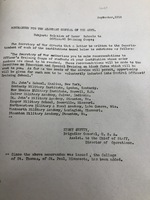
Jervey asks Riggs to make letters of recommendation for soon-to-be graduates of Clemson to teach at other schools.
-
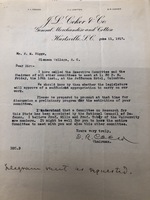
David R. Coker, asking Riggs to present at the South Carolina State Committee of Defense meeting.
-
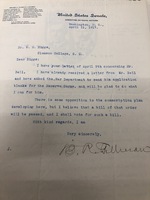
Senator Benjamin R. Tillman, stating that there is opposition to a conscription bill being passed in the senate. Riggs was a supporter of conscription.
-
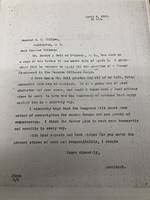
Riggs gave his support for a conscription bill being passed by the senate. He states it is "more democratic."
-
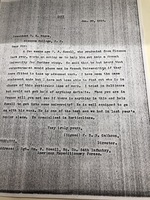
Director F.H.H. Calhoun asked Riggs to accept a former Clemson student into a French University while he is in Paris.
-
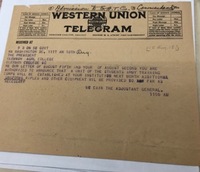
Adjutant General McCain asked Riggs to create a new unit at Clemson.
-
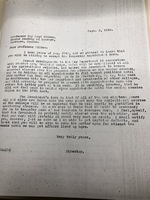
Riggs expressed his worry about there not being enough students to fill up the agricultural classes due to so many either joining the military or going home to help on family farms.
-
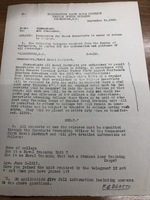
Commandant of the Navy, F.E. Beatty, informed Riggs that all former soldiers who left college to join the Navy should be allowed to return to college.
-
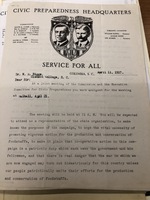
David R. Coker, chairman of the South Carolina State Council of Defense, informed Riggs of the council's goals, to promote the production and conservation of "foodstuffs," promote patriotic service and generally encourage support for the war.
-
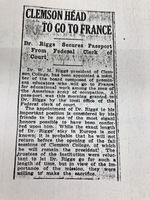
News article about Riggs travelling to France to begin work with the American University Union
-
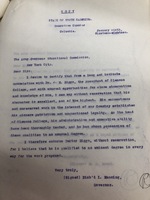
Governor of South Carolina, Richard I. Manning III's, letter of recommendation for Riggs to take a leadership role with the American University Union in Paris, France.
-
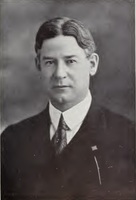
Portrait of Walter M. Riggs near the end of his presidency
-
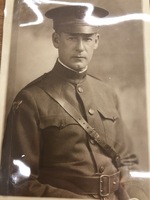
Portrait of Walter M. Riggs dressed in uniform.
-
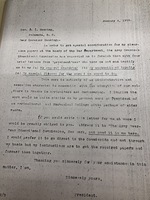
Riggs asking Governor Richard I. Manning III for a letter of recommendation to work for the American University Union in Paris
-
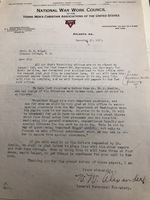
W.W. Alexander of the National War Work Council expressed the importance of Riggs as a candidate for a leadership position in the American University Union.
-
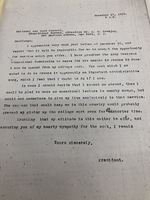
Walter M. Riggs informs the National War Work Council that he cannot take a position with them as he has already promised to go to France.
-
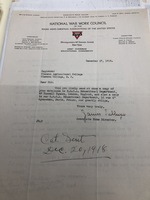
James Sullivan asked Riggs to send copies of his YMCA catalogs to other American University Union locations in Europe.
-
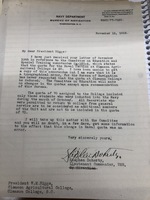
Lt. Commander Stephen Doherty informed Riggs that there must be a Naval unit of 70 men at Clemson and that there was currently only 50, due to miscommunication.
-
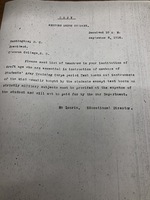
McLaurin of the War Department asking Riggs for a list of teachers that are draft age and teach military subjects.
-
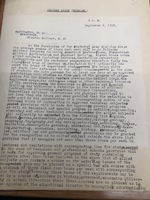
Educational Director McLaurin informed Riggs of the curriculum for the cadets set by the Students' Army Training Corps.
-
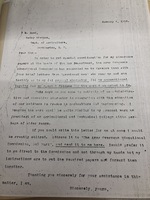
Riggs asked Rawl for a letter of recommendation as a "prominent man."
-
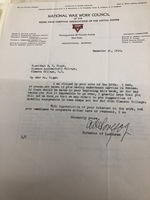
Lovejoy of the National War Work Council responded to Riggs accepting a role with the American University Union, instead of speaking at military camps in the South.
-
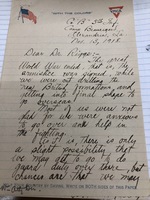
A former soldier, Leo R. Briggs, was disappointed at not being able to fight during the war. He also asked Riggs to recommend him to Director Long about getting an agricutural co-operative.
-
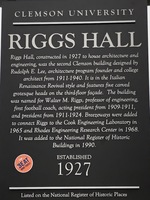
The plaque is located outside of Riggs Hall on Clemson University's campus, in honor of Walter M. Riggs.
-
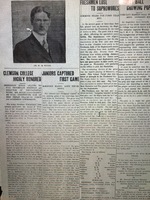
"The Tiger" newspaper article on Riggs going to Europe, considering it an "honor" for Clemson College.
























